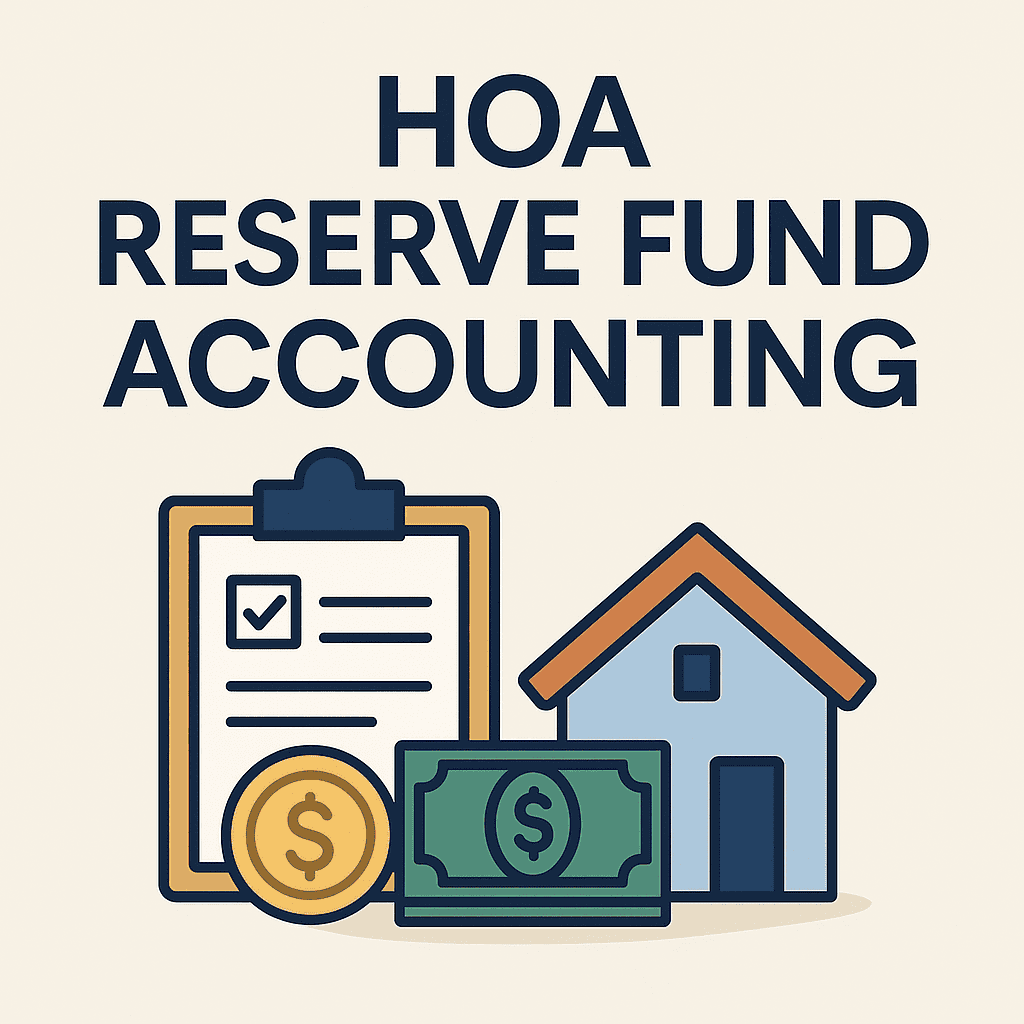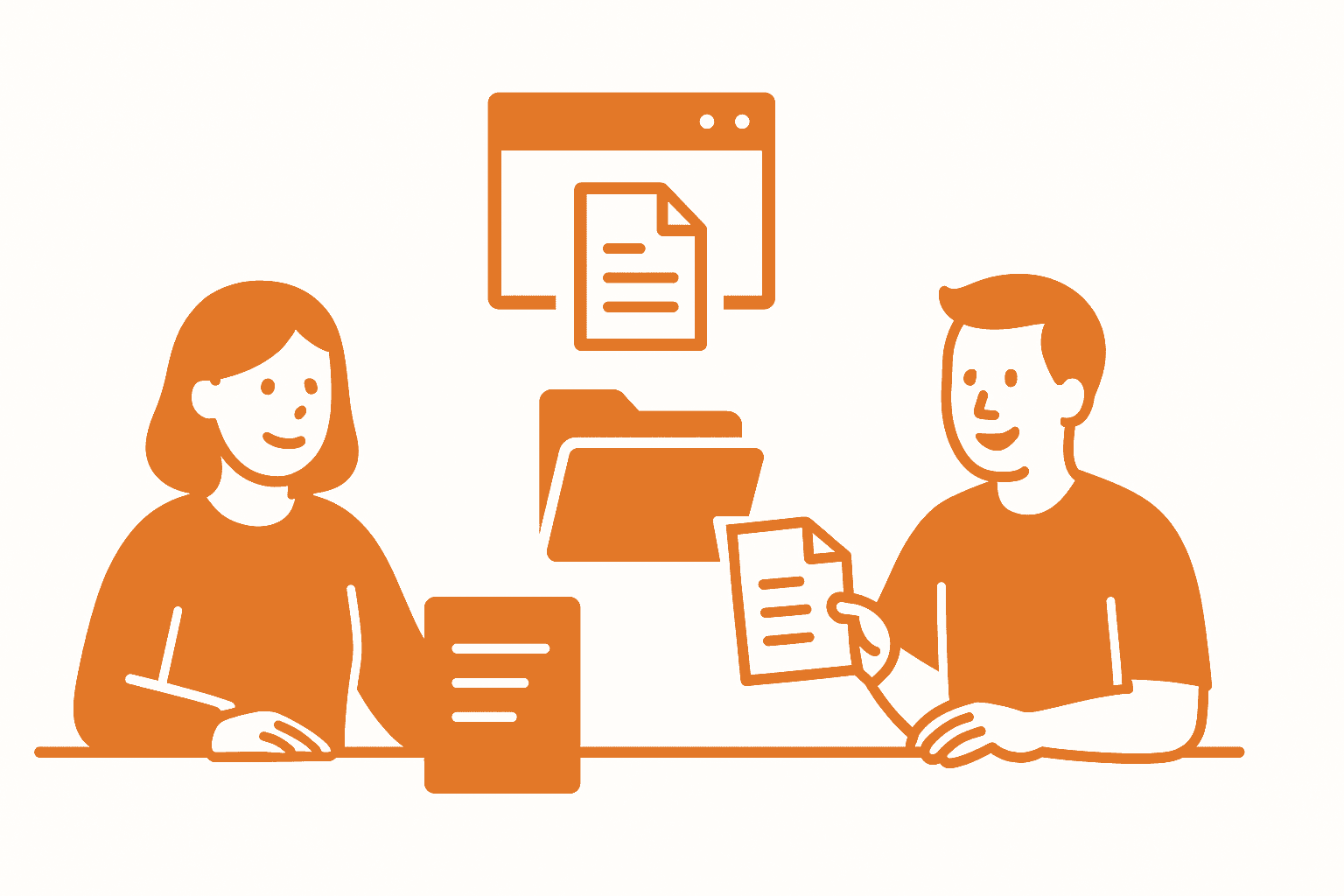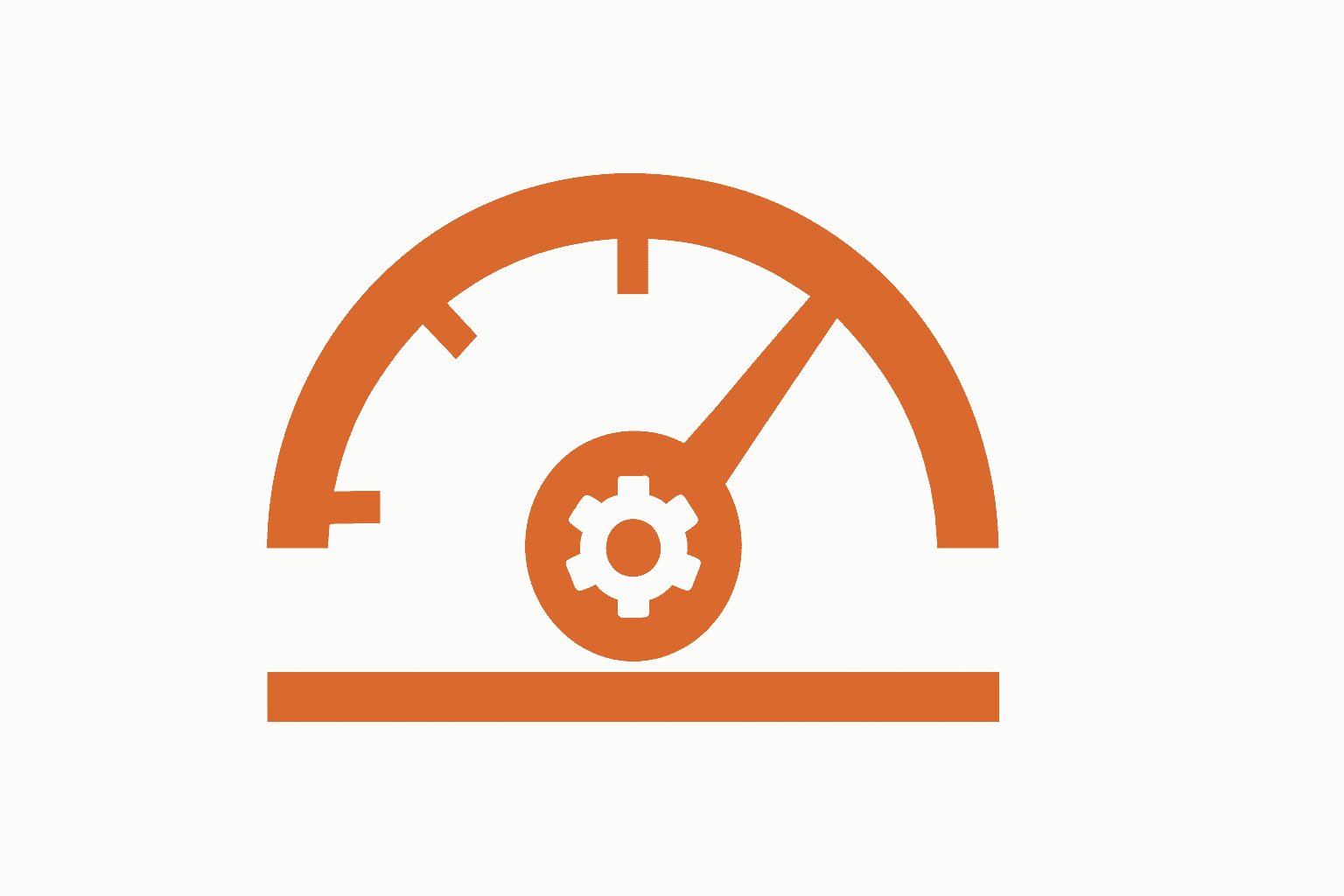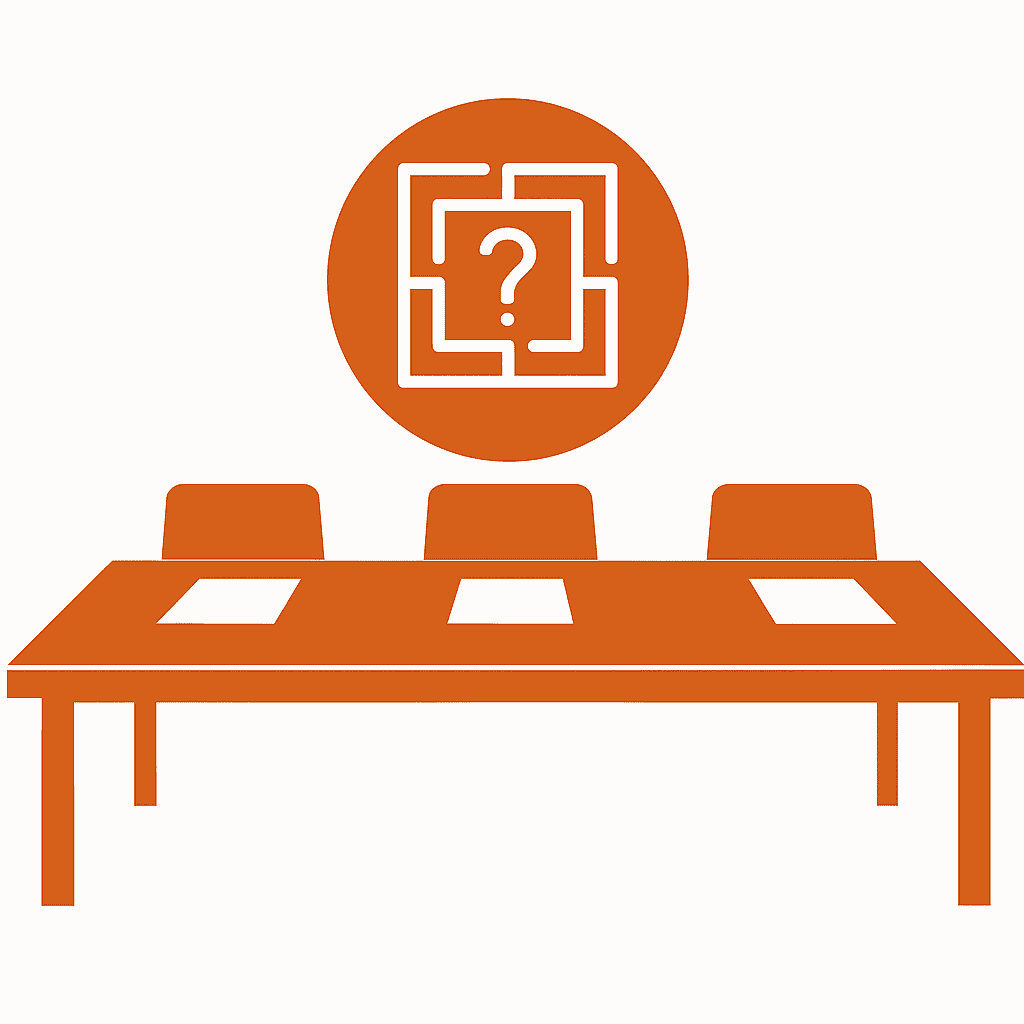HOA reserve fund accounting – what you need to know
HOA reserve fund accounting is about more than numbers – it’s about keeping your community prepared for big repairs without sudden fee hikes. Learn how to manage reserves, avoid special assessments, and protect property values.

If you live in a homeowners association (HOA), you’ve probably heard of the term reserve fund. It sounds formal, but it’s simply a savings account for your community. The money is there to handle big, often unexpected repairs — the kind that can’t be covered by the regular monthly budget.
In this post, we’ll break down what HOA reserve fund accounting is, why it matters, and how to manage it in a way that keeps your community financially healthy.
What is a reserve fund in an HOA?
A reserve fund is like a safety net. Your HOA sets aside money over time to cover major repairs or replacements in shared spaces.
Think of things like:
- Replacing a clubhouse roof
- Resurfacing the pool deck
- Fixing cracks in the parking lot
- Upgrading playground equipment
These aren’t everyday expenses. They’re big-ticket items that might come up every 5, 10, or even 20 years.
How reserve fund accounting is different from operating funds
Your HOA also has an operating fund. That’s the account used for day-to-day expenses . These activities could include landscaping, utilities, cleaning, and small repairs.
The reserve fund is separate. It’s usually held in a savings account or another highly liquid account so the money is easy to access when needed.
Good accounting means keeping these two funds separate and tracking them independently. Mixing them can lead to overspending and leave the HOA short when a major repair is due.
Why accurate reserve fund accounting matters
Without accurate accounting, your HOA can end up in trouble. If the reserve fund is too small, the board might have to:
- Raise monthly dues suddenly
- Charge a special assessment (an extra bill to all homeowners)
- Delay important repairs, which can make problems worse
On the flip side, a well-managed reserve fund helps keep the property in good shape and protects home values. It also gives residents confidence that the HOA is being run responsibly.
How much money should be in the reserve fund?
There’s no one-size-fits-all number. It depends on the size of your community, the age of the buildings, and what amenities you have.
Many experts say a reserve fund is “fully funded” if it can cover all major projected expenses for the next 20–30 years. Some states require a minimum percentage; for example, Ohio requires at least 10% of the annual budget to go into reserves.
HOAs often hire specialists to perform a reserve study. This is a detailed review of the property and its expected repair timeline. The study estimates how much money needs to be set aside each year to stay on track.
Best practices for HOA reserve fund accounting
From the start, your HOA should have clear accounting practices for its reserve fund. Here are some tried-and-true tips:
- Keep funds separate: Have a dedicated account for reserves. Don’t mix it with operating money.
- Follow the reserve study: Use professional assessments to guide contributions and withdrawals. Update the study every few years.
- Be transparent: Share reserve fund reports with residents. Transparency builds trust.
- Make regular contributions: Smaller, consistent deposits are easier for residents to manage than sudden large payments.
- Invest conservatively: Since the money may be needed at any time, keep it in safe, liquid investments.
What happens if the reserve fund is too low?
If there’s not enough in reserves and a big repair is needed, the HOA may have no choice but to:
- Raise dues immediately
- Levy a special assessment
- Take out a loan (which can force the board to raise dues…)
None of these options are popular, and all can cause stress in the community. This is why smart, proactive accounting is key.
Reserve fund accounting for HOA boards
If you’re on the board, you have a fiduciary duty to manage the reserve fund wisely. That means:
- Following the law and your HOA’s governing documents
- Acting in the community’s best interest
- Avoiding the temptation to use reserve money for unrelated expenses
Even if your HOA is small, good reserve fund accounting protects everyone from surprise bills and keeps your neighborhood looking its best.
You can learn more about what features we offer HOA boards at Anyhoa.
The bottom line
HOA reserve fund accounting isn’t just about balancing numbers. It’s about planning ahead, protecting property values, and avoiding financial shocks for residents.
By keeping funds separate, contributing regularly, and being transparent, your HOA can handle major repairs without scrambling for cash. And that’s good news for everyone who calls your community home.






